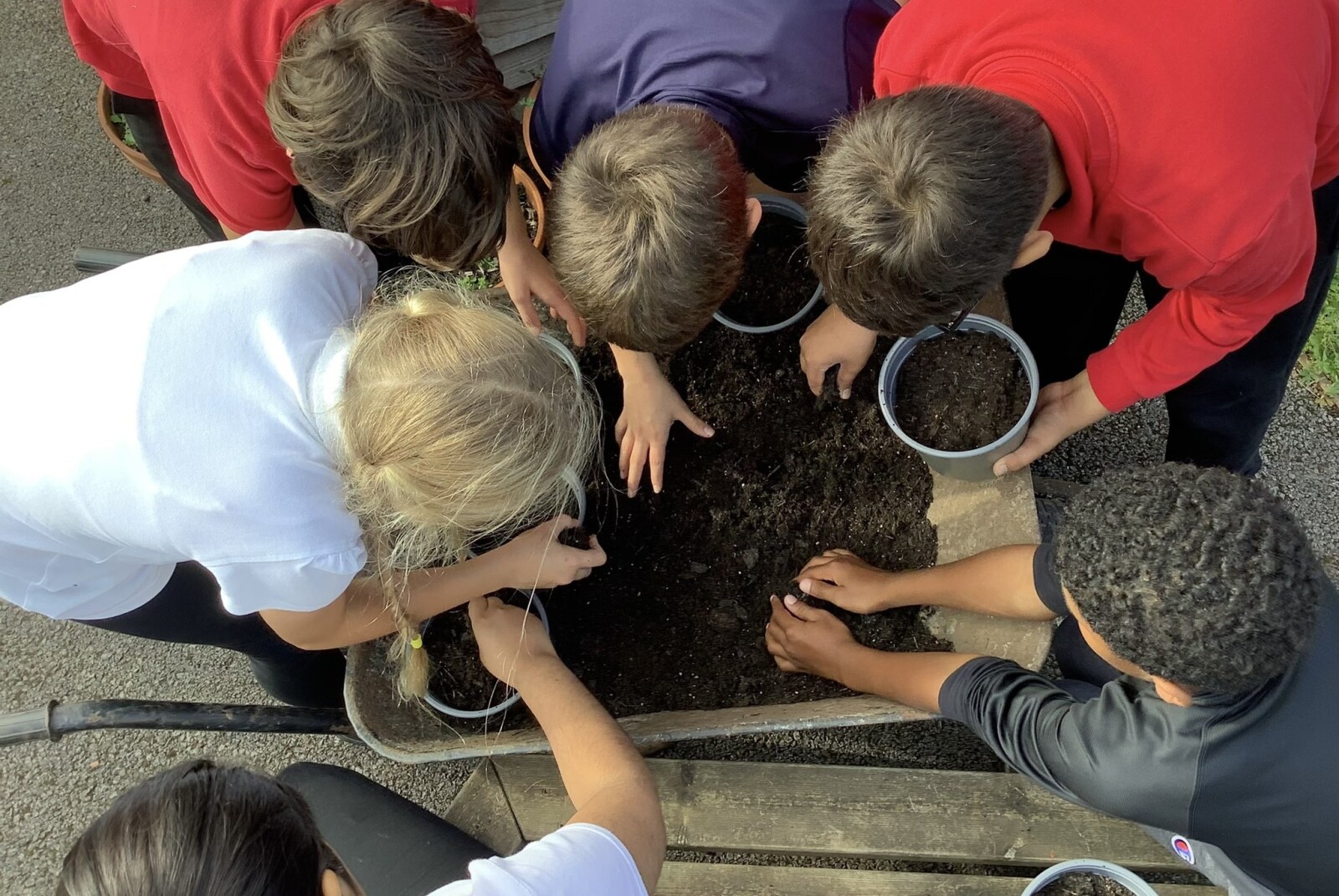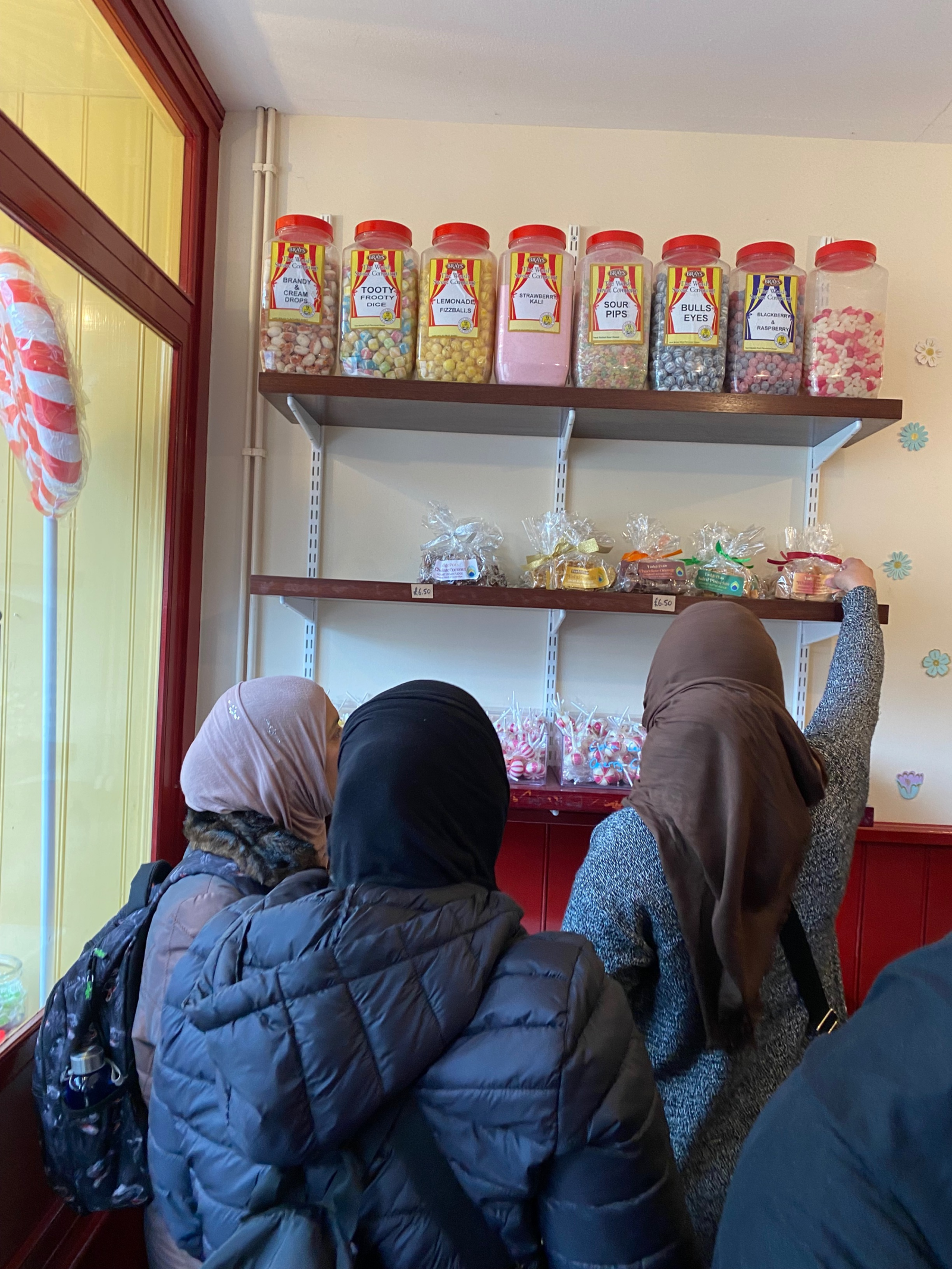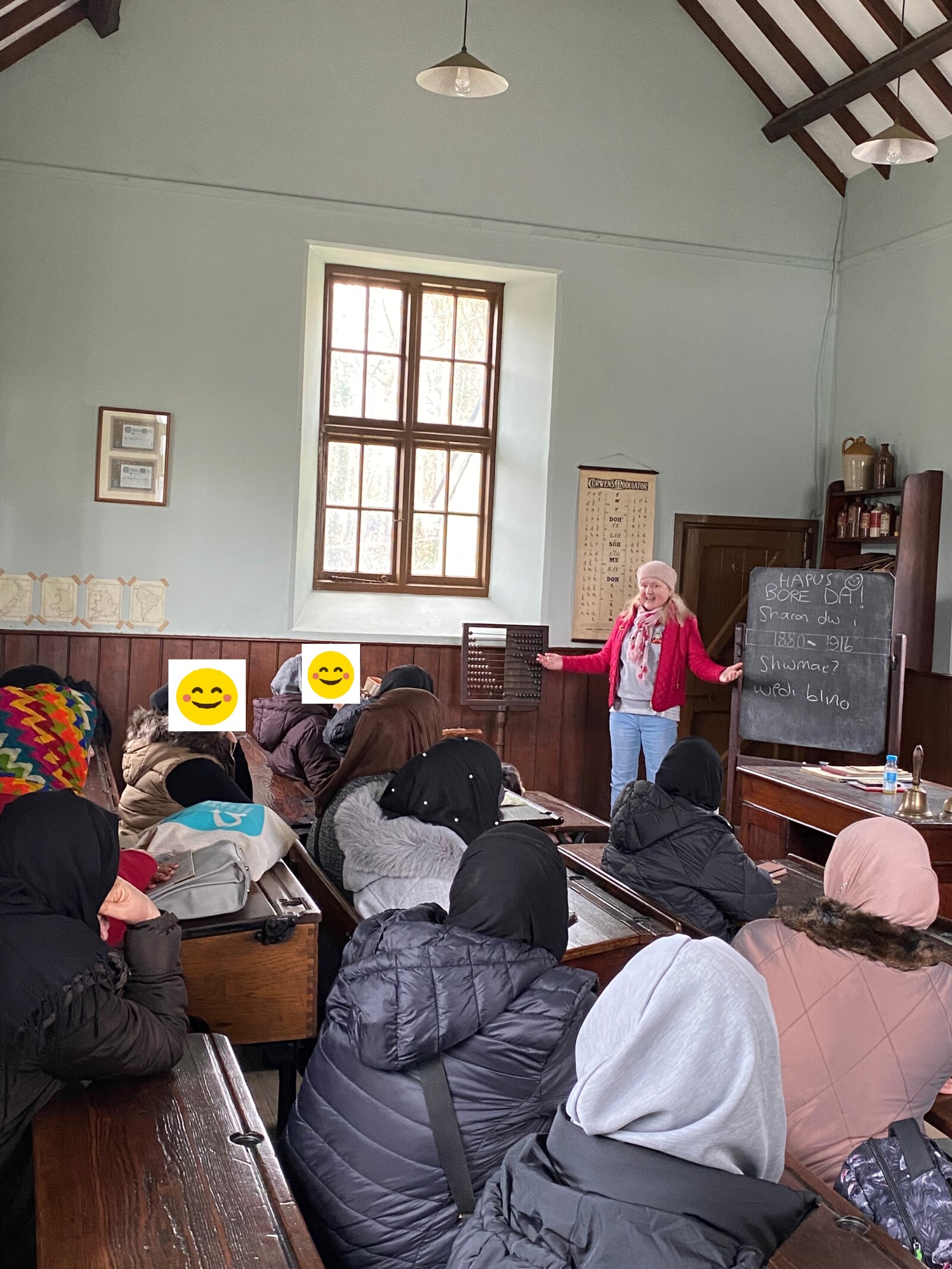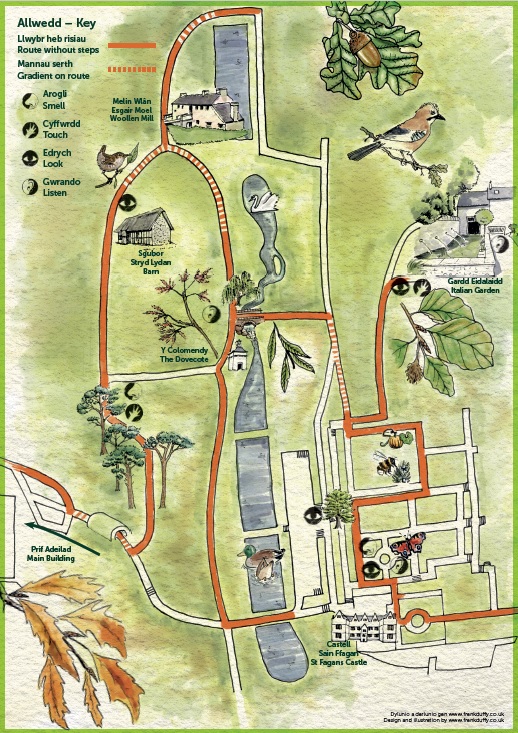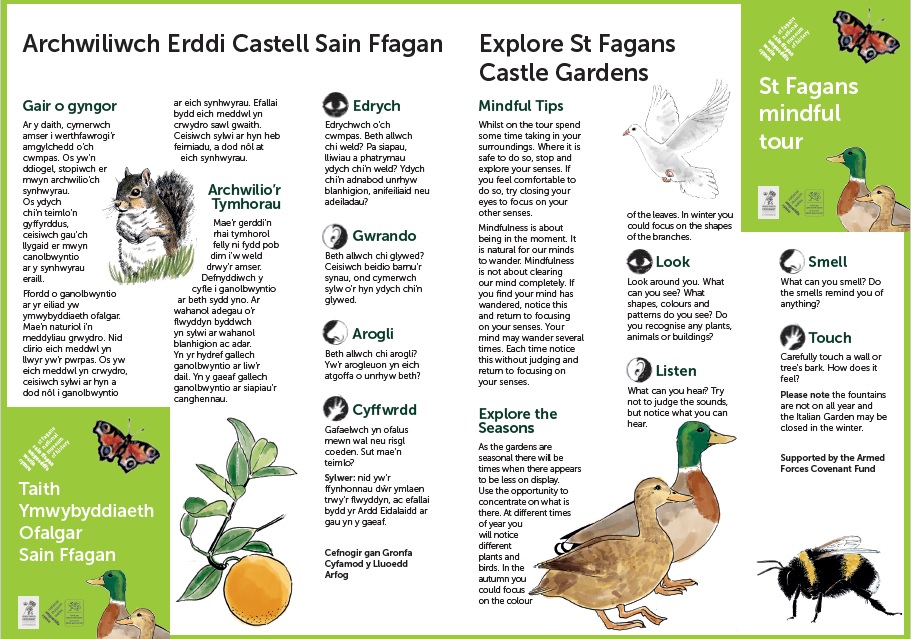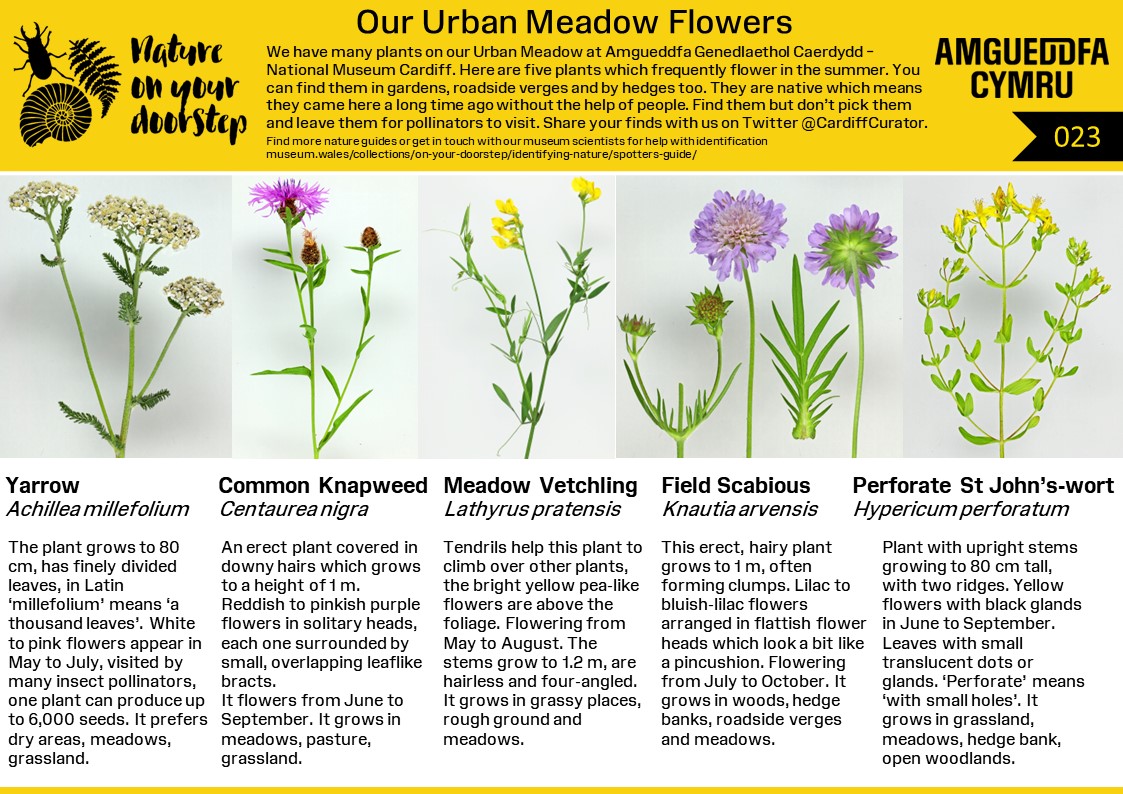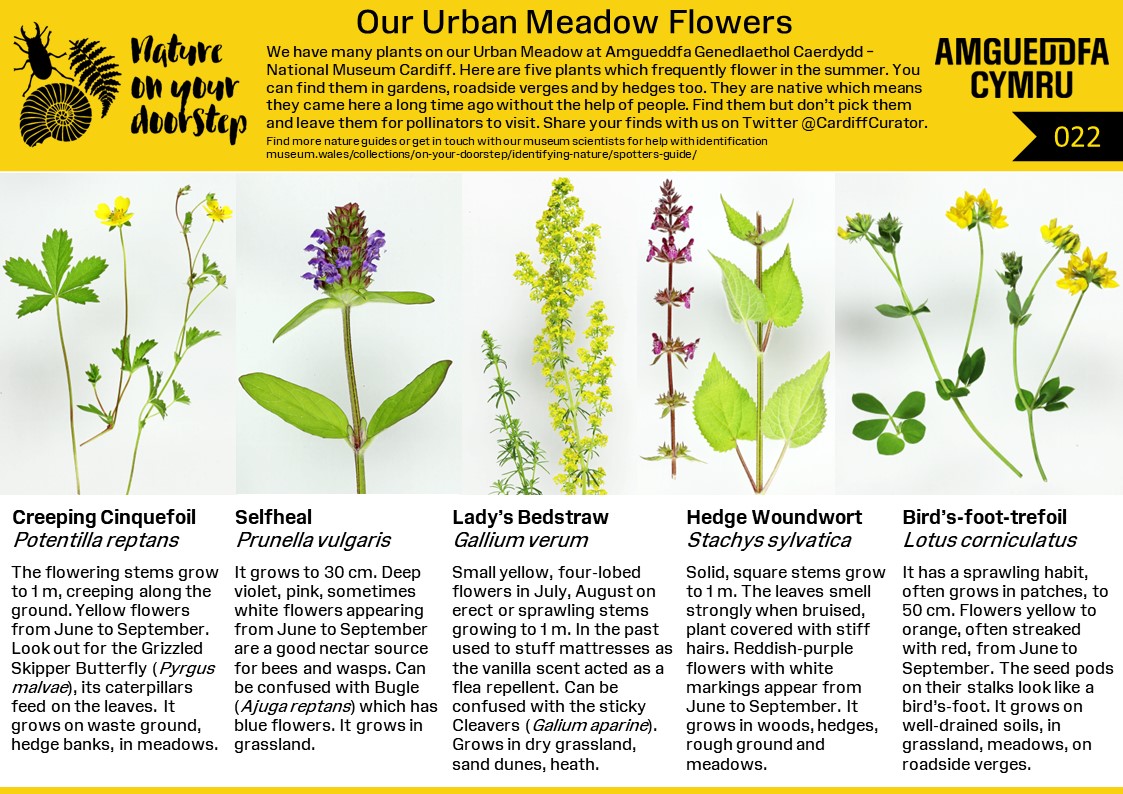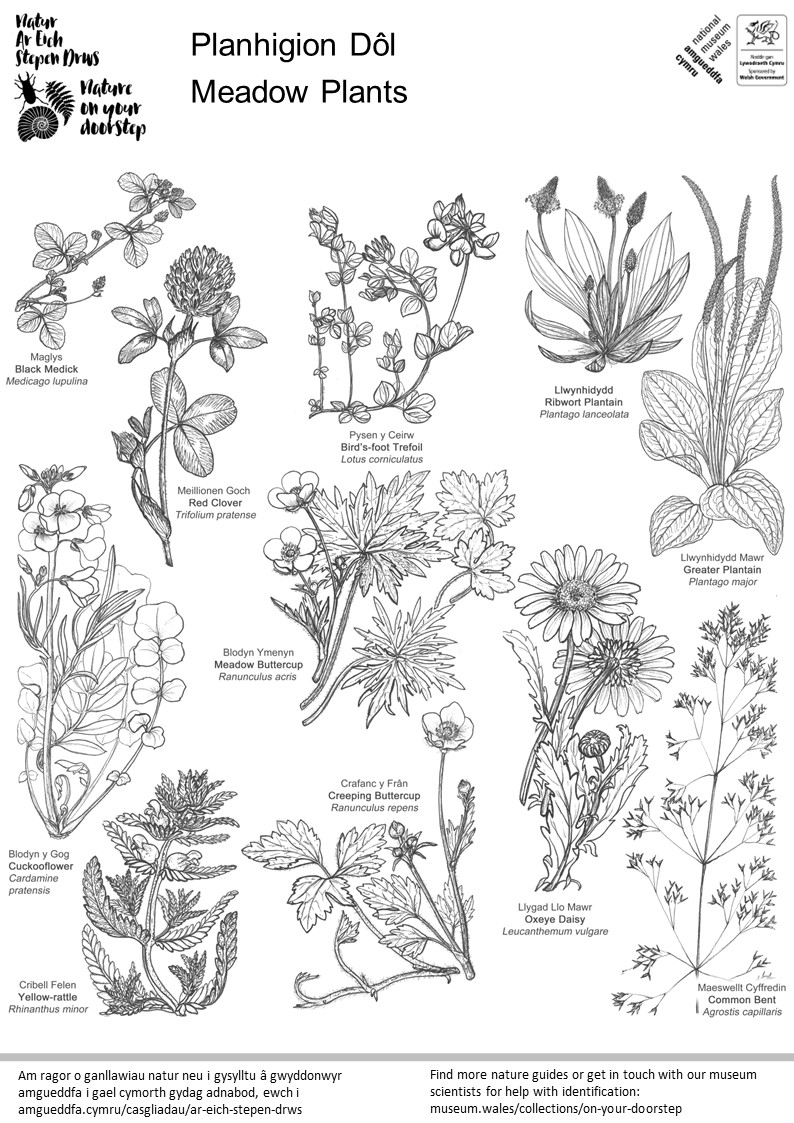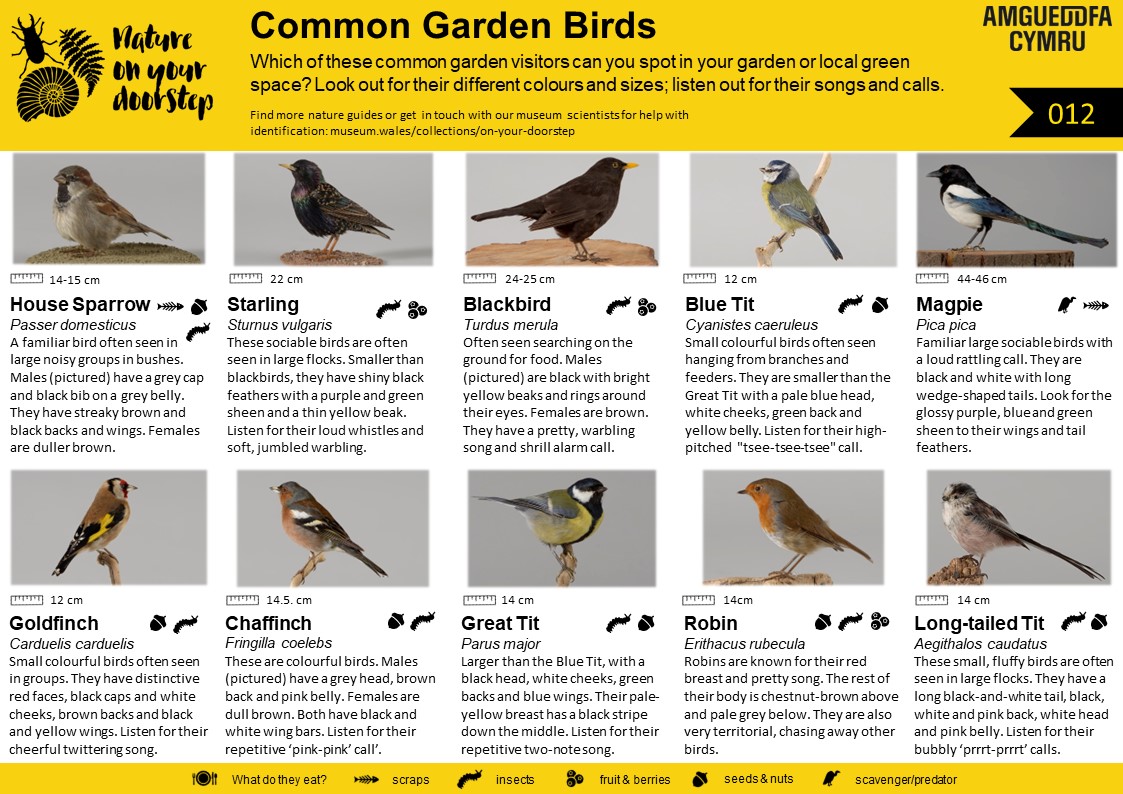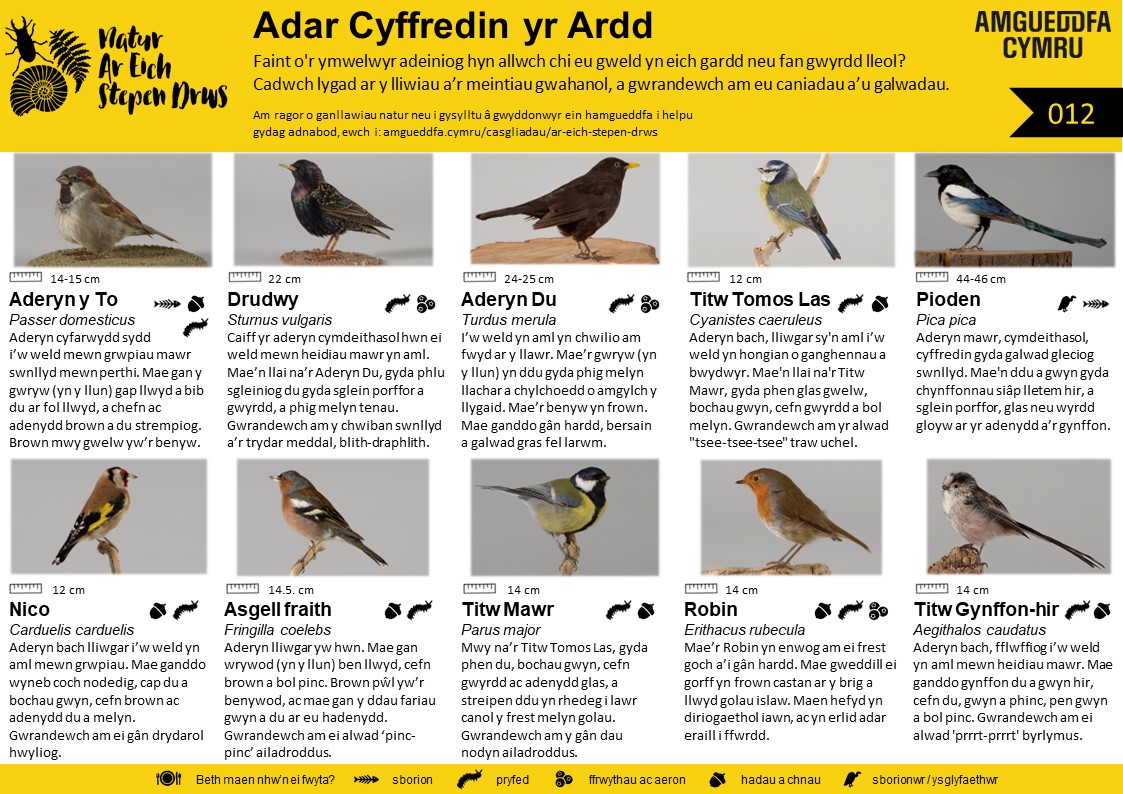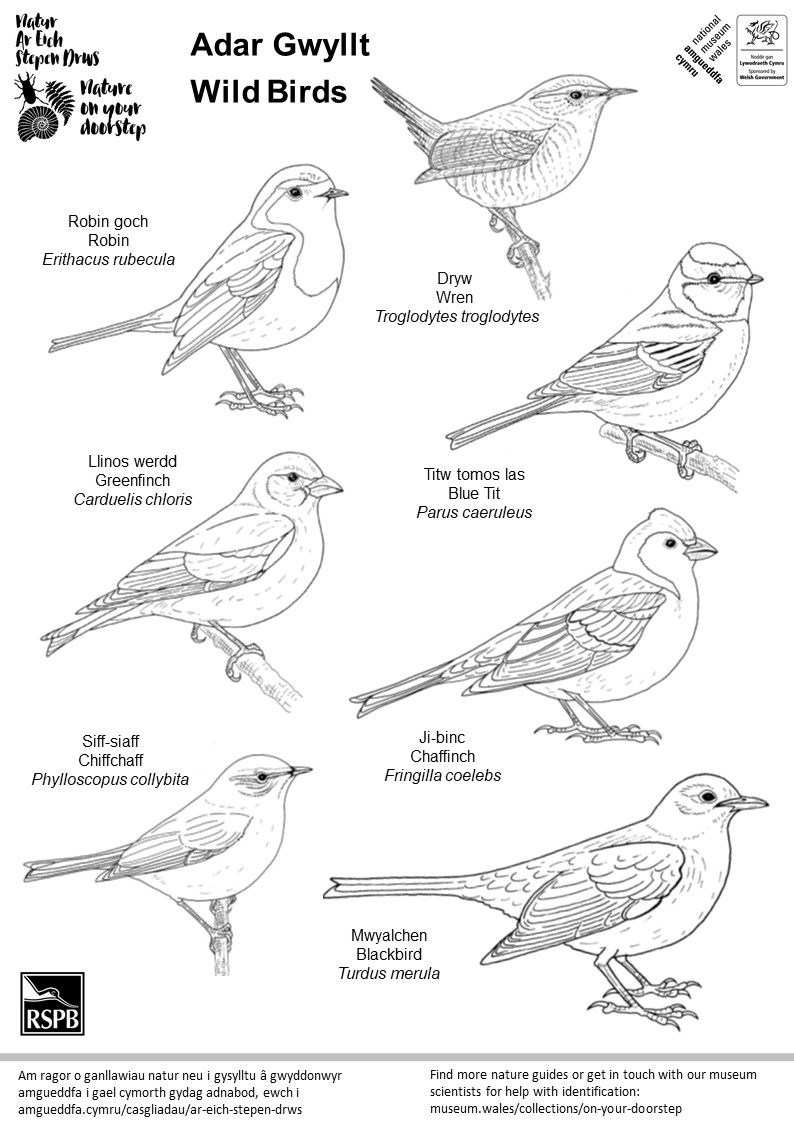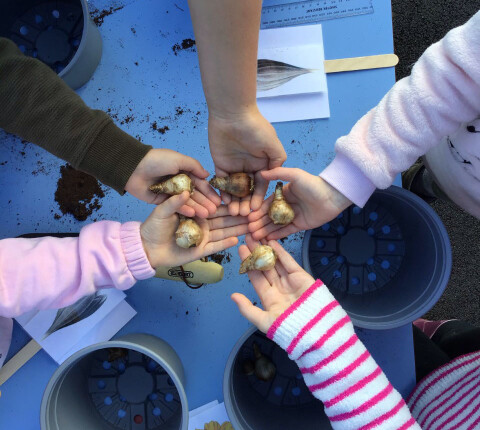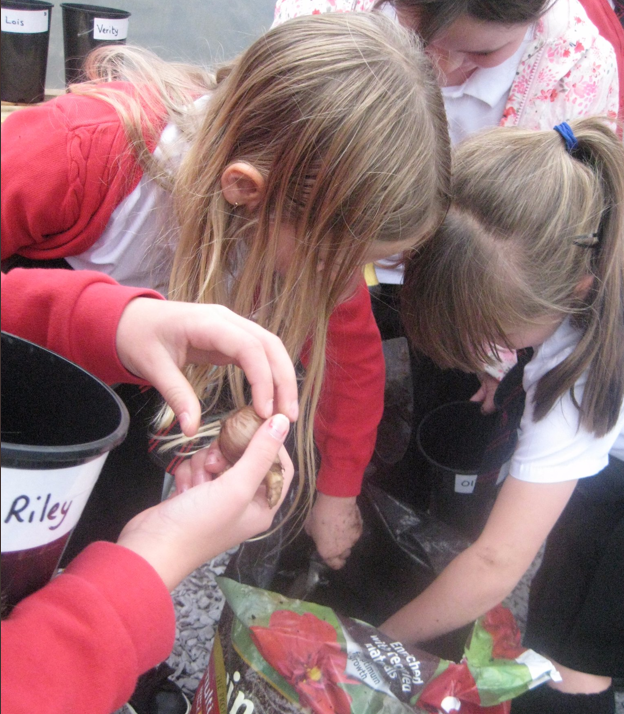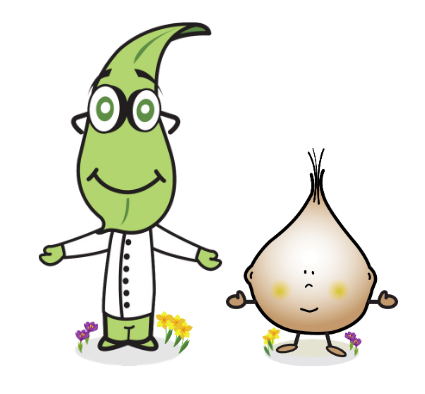Fantastic Work Bulb Buddies
, 30 June 2023
Congratulations to all of the schools who successfully completed the Spring Bulbs for Schools Investigation this year. All schools listed below have been sent Super Scientist Certificates and pencils. The standard was extremely high again this year.
Professor Plant would like to thank all schools that contributed to making this year’s investigation a success.
Enillwyr / Winners:
Cymru / Wales:
Model Church in Wales Primary School
Lloegr / England:
Roseacre Primary Academy
Yr Alban / Scotland:
St John Ogilvie Primary School
Gogledd Iwerddon / Northern Ireland:
St Mary's Primary School (Maguiresbridge)
Yn Ail / Runners up:
Cymru / Wales:
Peterston Super Ely Church in Wales Primary
Lloegr / England:
Kidgate Primary Academy
Yr Alban / Scotland:
Gavinburn Primary School
Gogledd Iwerddon / Northern Ireland:
Grange Primary School Kilkeel
Clod Uchel / Highly Commended
Cymru / Wales:
Ysgol Gynradd Gymraeg Tonyrefail
Pil Primary School
YGG Aberystwyth
Ysgol Llandegfan
St Julian's Primary
Yr Alban / Scotland:
Kingcase Primary School
Dedridge Primary School
Kincaidston Primary School
Gogledd Iwerddon / Northern Ireland:
St Patrick's Primary School, Eskra
Cydnabyddiaeth Arbennig / Special Recognition:
Cymru / Wales:
Forden CiW School
Ysgol Gymraeg Dewi Sant
Ysgol San Sior
St Joseph's RC Primary School (North Road)
Alaw Primary
Ysgol Glan Conwy
Lloegr / England:
St Anne's Catholic Primary School
Stanford in the Vale Primary School
Anchorsholme Academy
Fleet Wood Lane Primary School
Sylvester Primary Academy
St Kentigern's Primary School
Yr Alban / Scotland:
Leslie Primary School
Livingston Village Primary School
St Anthony's Primary (Saltcoats)
Kirkhill Primary School
Blacklands Primary School
Gogledd Iwerddon / Northern Ireland:
Clonalig Primary School
Irvinestown Primary School
Sacred Heart Primary - CO. Down
St Mary's Primary School (Newry)
St Paul's Primary School (Co Fermanagh)
Lisbellaw Primary School
Gwyddonwyr Gwych / Super Scientists
Cymru / Wales:
Oystermouth Primary School
Abernant Primary
High Cross Primary (Newport)
Ysgol Capel Garmon
Albert Primary School
Llanbedr Church in Wales
NPTC Newtown College
Glyncoed Primary School
Spittal VC School
St Mary's Church in Wales Primary School
St Paul’s CiW Primary
Lloegr / England:
Cambridge Park Academy
Devonshire Primary Academy
Rowley Hall Primary School
St John's CE Primary School
St Bernadette's Catholic Primary School
Yr Alban / Scotland:
Milton Primary School
Darvel Primary School
Meldrum Primary School
Our Lady of Peace Primary
Underbank Primary School
Maidens Primary School
Logan Primary School
Gogledd Iwerddon / Northern Ireland:
Newtownbutler Primary School
Sacred Heart Primary School - Omagh
Glasswater Primary School
Cortamlet Primary School
Newtownhamilton Primary School
Tystysgrifau / Certificates:
Cymru / Wales:
Ysgol Bro Sannan
Ysgol Bethel
Brynford Primary
Minera Aided Primary School
St Joseph’s Cathedral (Swansea)
Ysgol y Wern
Ysgol Cwm Brombil
Adamsdown Primary School
Franksbridge CP School
Gors Community School
Montgomery
Penrhiwceibr Primary
Rhydri Primary School
St Athan Primary School
St. Michael's RC Primary School
Trellech Primary School
Twyn School
Ysgol Gymraeg Mornant
Ysgol Llanilar
Ysgol Pontrobert
Lloegr / England:
St Teresa's Catholic Primary School
Hamstead Junior School
Harvills Hawthorn Primary School
Grange Primary School
Marton Primary Academy and Nursery
Yr Alban / Scotland:
Forehill Primary School
Gartcosh Primary School
Newton Primary School
St Joseph's RC Primary School (Kelty)
Whitdale Primary School
Windyknowe Primary School
Gogledd Iwerddon / Northern Ireland:
St Patrick's Legamaddy
Enniskillen Integrated Primary School
St Mary's Primary School (Killesher)
Hardgate Primary School
Thanks again Bulb Buddies,
Professor Plant


